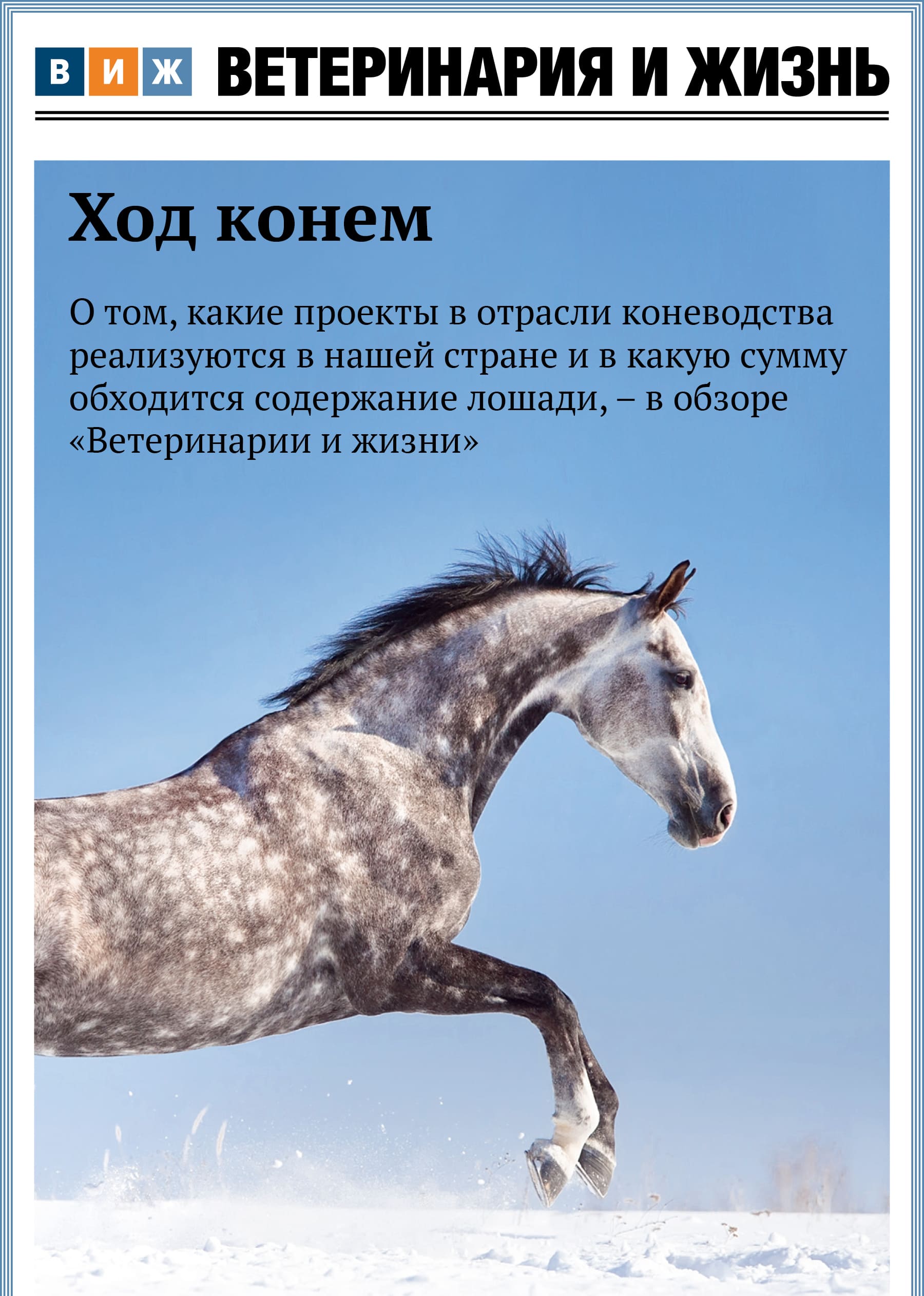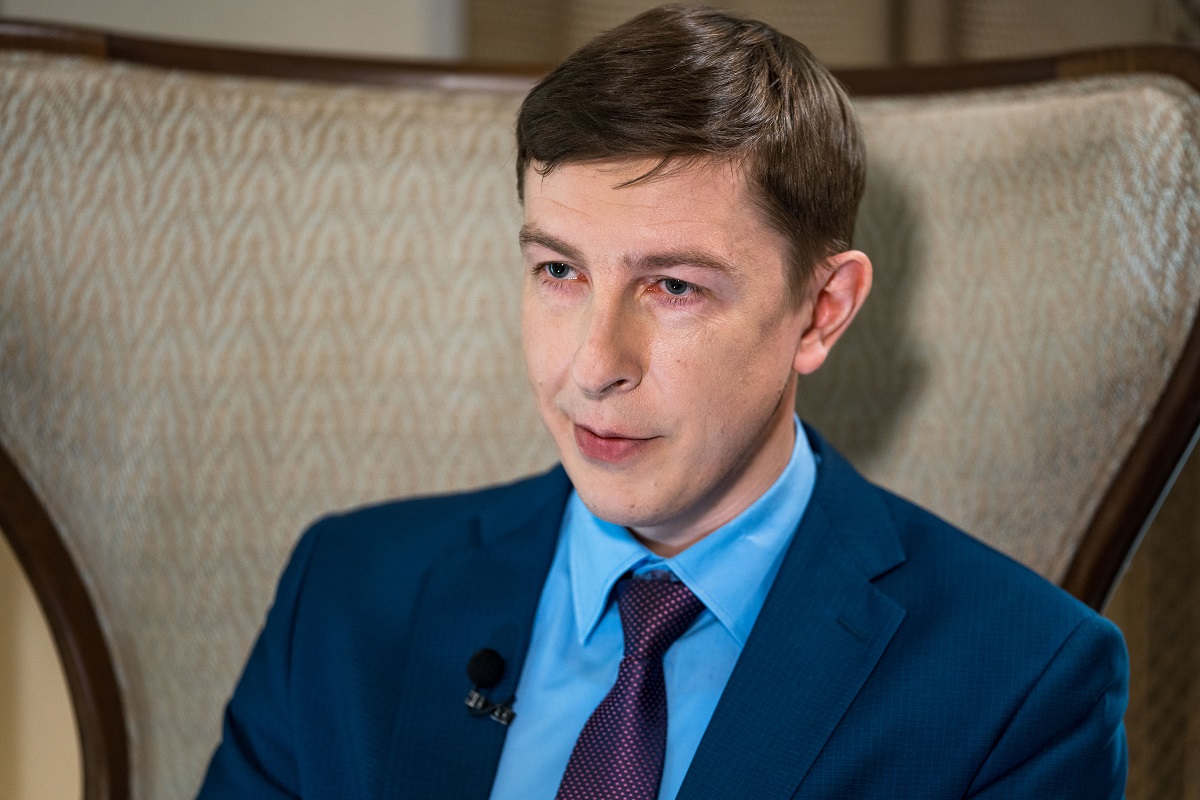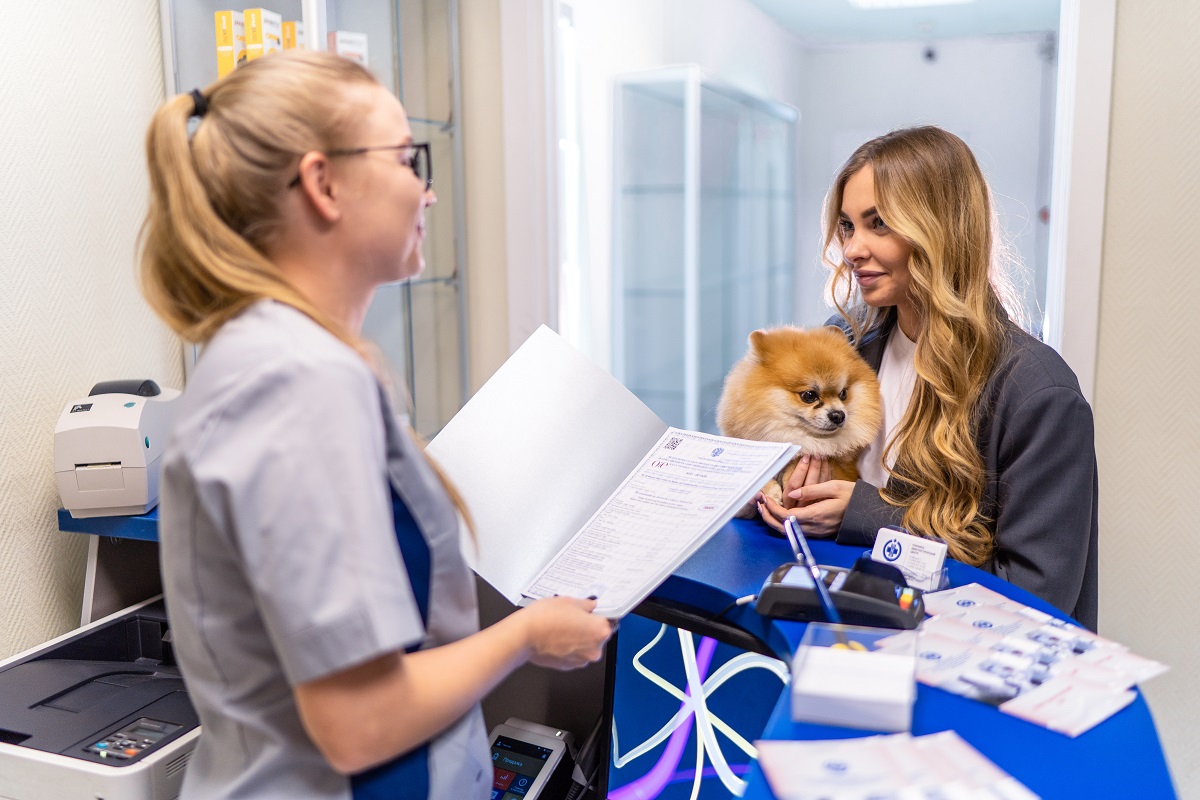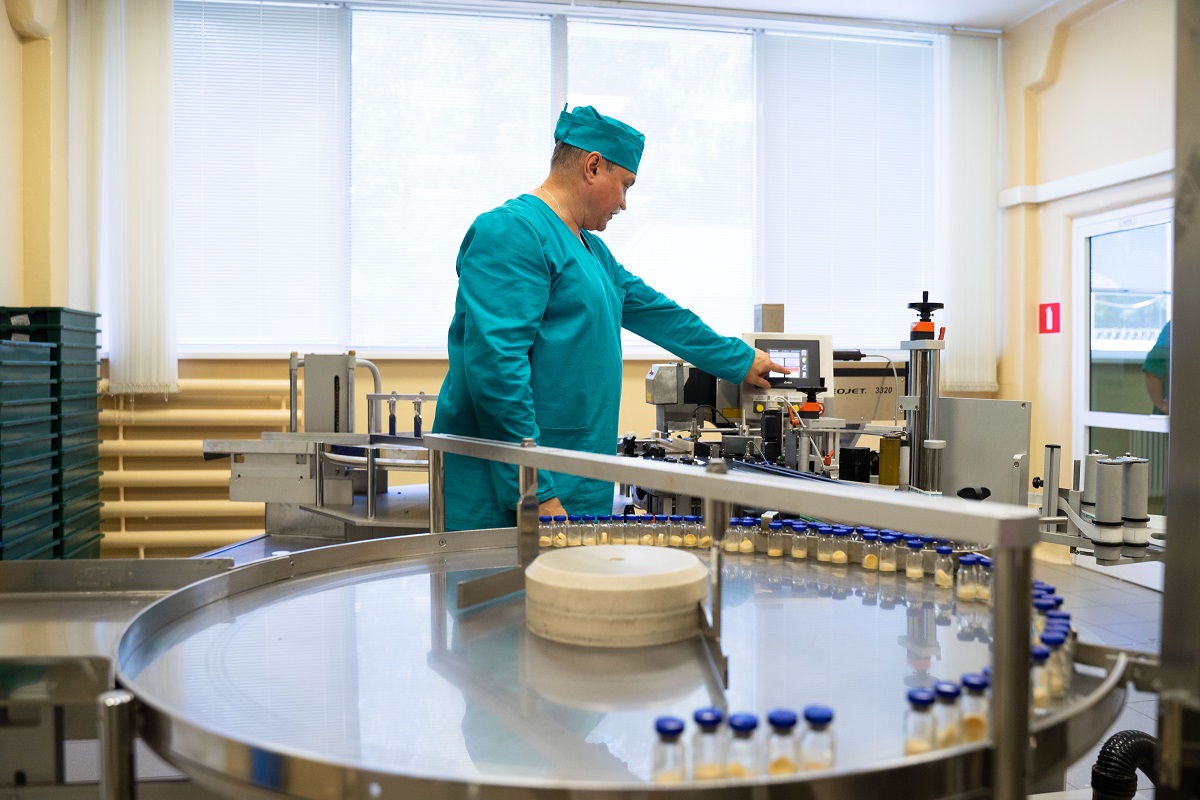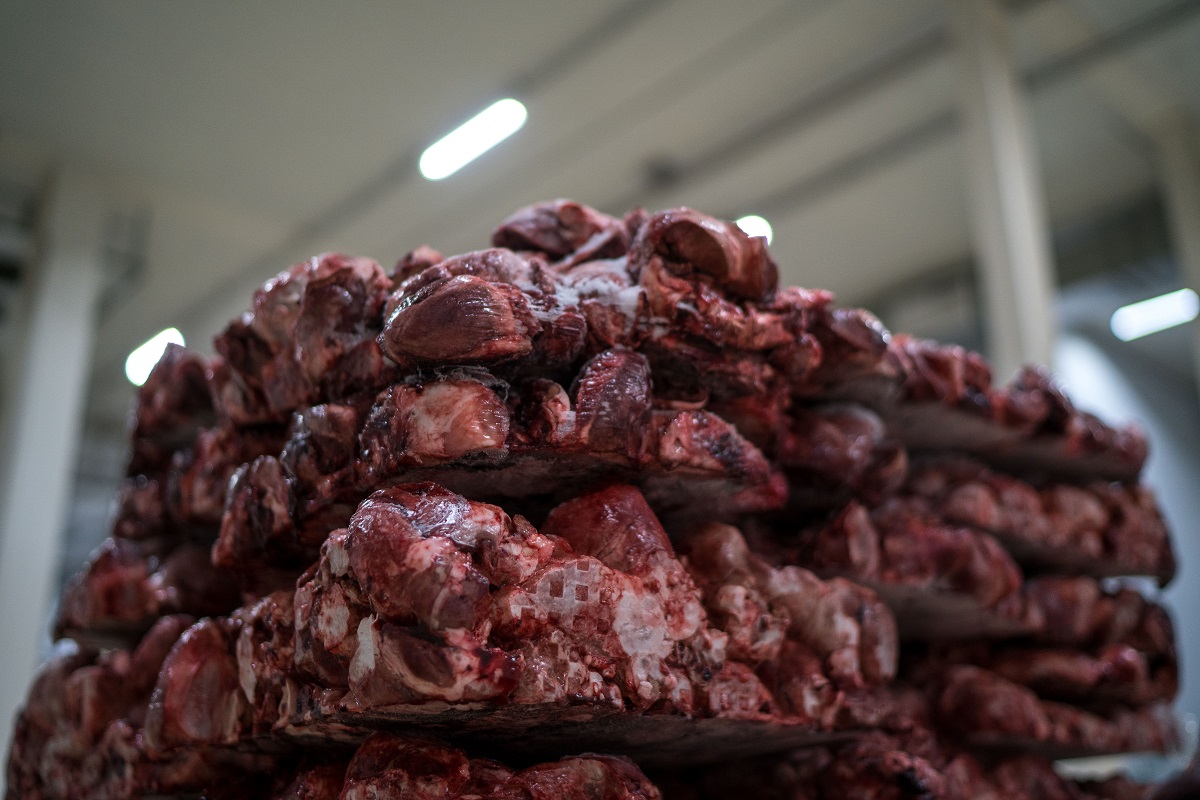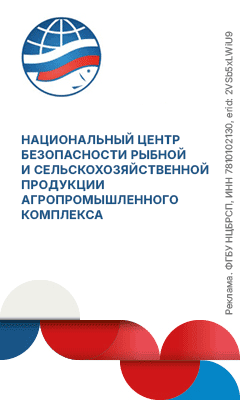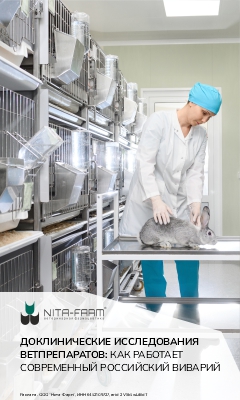Rosselkhoznadzor and Federal Agency for Fishery (Rosrybolovstvo) proceed with their work on the integration of the two information systems. Previously, about 600 fishing vessels had volunteered to be attached to Mercury system, but now all fishing vessels are to be added to the e-Veterinary Certification system. According to Rosrybolovstvo, these are 2400 vessels registered in the OSM.
Alexander Osminin, the Deputy Director for Informatization of the Federal Center for Animal Health (FGBI “ARRIAH”) of Rosselkhoznadzor, explained to Veterinary and Life, why this is necessary.
Alexander Sergeevich, how is data transferred from the OSM system of Rosrybolovstvo to the Mercury system?
Alexander Osminin: OSM GIS is considered to be a source of master data on catches of aquatic biological resources. This information is comprised of data from two documents: a fishing license and a Daily Vessel Report (SSD). After this data has been obtained the batch traceability chain is launched in accordance with the well-known formula “from field to fork”, or, in our case, “from sea to fork”.
Data from the SSD has been transmitted to Mercury system for several years now. Mercury processes it automatically and issues eVADs, but only for the companies, that volunteered to participate in the experiment and applied with the corresponding request to the Rosselkhoznadzor. From now on, all fishing vessels submitting SSD will be attached to the automated SSD processing system.
This year, together with Rosrybolovstvo, we jointly arranged for the transfer of fishing licenses from GIS OSM to Mercury.
All the data transmitted to Mercury is machine-readable. This is a mandatory condition needed for data processing, analysis, and match checking with the data in our system.
What is the purpose of this?
Alexander Osminin: This work is aimed at ensuring food safety. Data contained in fishing licenses and that on actual catch provides for additional opportunity of automated control at the issuance of eVAD in Mercury system, and allows limiting batch movement, provided some discrepancies in actual information, license or veterinary control data have been revealed.
What changes should be expected by businesses engaged in fishing? What should be prepared?
Alexander Osminin: The changes will definitely facilitate the data submission to the Rosselkhoznadzor and the Rosrybolovstvo information systems for conscious participants of the turnover: from now on businesses are free from reentering the same data into two systems.
The data from Daily Vessel Reports, once submitted to GIS OSM of Rosrybolovstvo is automatically and transparently transferred to the FGIS VetIS system, which allows Mercury independently issue the necessary eVADs for the catches of aquatic biological resources for all vessels that submit SSD. There are no significant preparations to be made by the business entities.
However, representatives of companies are advised not to leave the automated e-Veterinary Certification process unattended, but to control it at least at the initial stage.
The unscrupulous businesses will suffer from these changes, as introducing illegal products to the market will get significantly more complicated.
What effect will the integration of the Rosselkhoznadzor and the Rosrybolovstvo information systems have on participants of the seafood industry, oversight bodies and consumers?
Alexander Osminin: The integration of the two systems will provide for the creation of a national food quality management system, the development of which has been ordered by the president. For the consumer this means an increase in the quality of food products. Obviously, this won’t happen overnight, as it is a long way to go, and this is just another step taken by the Rosselkhoznadzor in this direction.
Oversight bodies will gain a tool for detection of illegal activities – automated cross-checks of data coming from two information systems.

